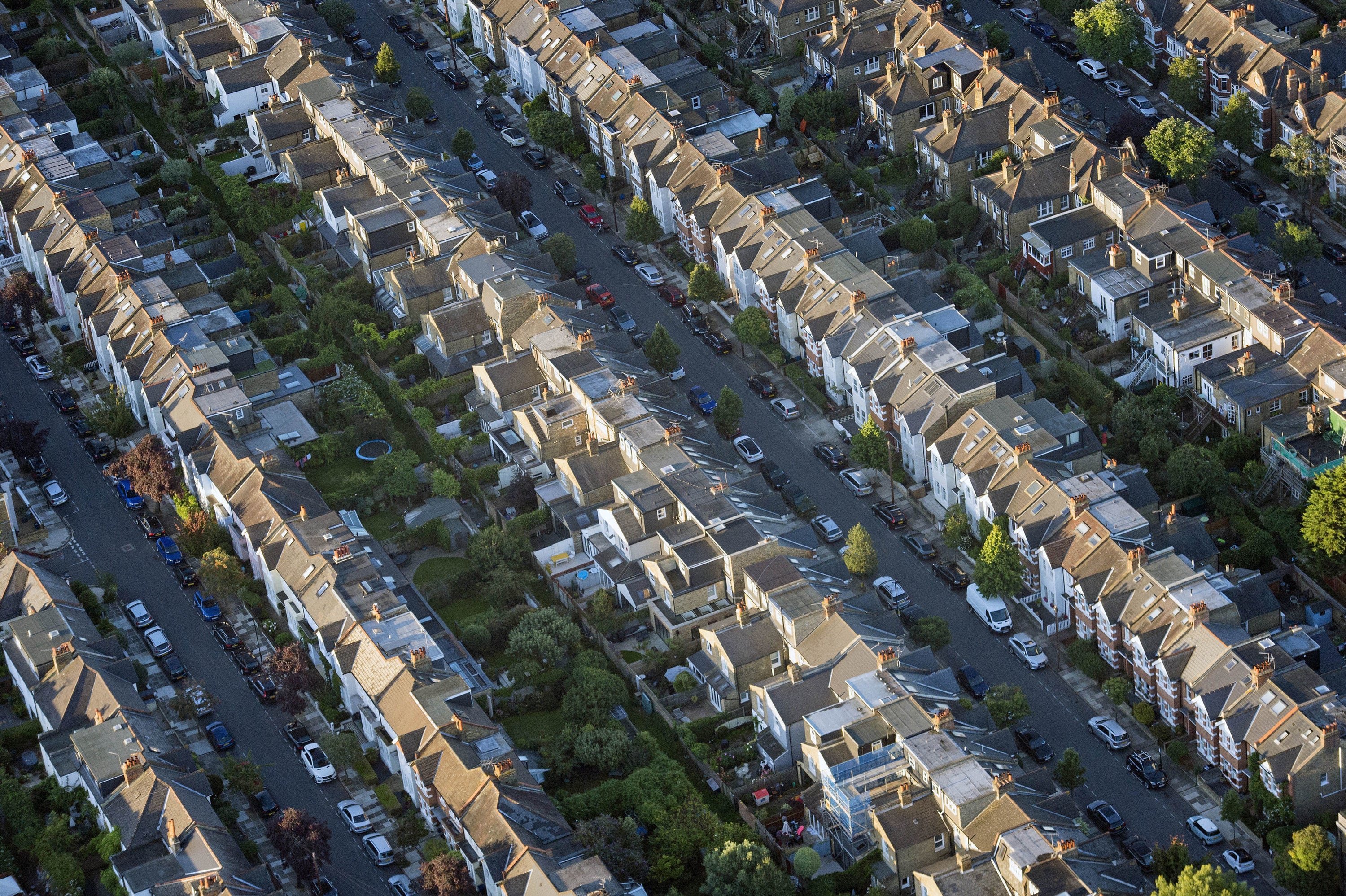Can anything slow the runaway train crashing into generation rent?
Year-on-year prices are up 13.4 per cent, month on month they’re up 0.7 per cent, and while mortgage payments are still looking relatively affordable, what happens if interest rates start rising? James Moore explains


The brickbats keep on coming for generation rent. Their chances of getting on the housing ladder, and getting their piece of what Theresa May once portentously described as “the British dream”, get slimmer by the day, especially for those without access to the Bank of Mum and Dad PLC.
But just how bad is it? Pretty bad if you look at the raw figures from Nationwide. The building society’s house price index is moving skyward at the fastest rate in 17 years.
The average house price now stands at £245,432, against £216,403 a year ago, which is a rise of 13.4 per cent year on year and an increase of 0.7 per cent month on month.
Those figures do require a little context. The year-on-year figure looks bloated partly because of the fact that the market was in the middle of a lockdown-induced deep freeze at this time last year.
The seasonally adjusted month-on-month rise of 0.7 per cent since May is, meanwhile, lower than the 1.7 per cent increase between May and April. But it still leaves prices 5 per cent ahead of where they were in March, and they are setting fresh records by the day.
Here’s where it gets interesting. Prices are also now close to record multiples of average incomes.
Per Nationwide, a deposit of 10 per cent is now greater than 50 per cent of the typical first-time buyer’s income, which is why the Bank of Mum and Dad plays such an important role, and where the brutality of inequality is obviously felt by those who lack access to its lending (or even gifting) facilities.
Nationwide’s chief economist Robert Gardner points out that houses are still relatively affordable when you take into account the current cost of monthly mortgage payments, because historically low interest rates have led to historically low mortgage rates.
By this measure, the affordability of a new home is actually only a little above the long-run average.
Trouble is, it just won’t stay that way for long if the current rate of increase is maintained.
Some of the current ardour of buyers could be cooled in September by the end of the stamp duty holiday, which is tapering off. It is one of two spectacularly ill-judged government interventions in relation to the housing market.
But the other continues to add fizz to a market that doesn’t need it. It is the reheated version of the help to buy scheme, which subsidises banks offering 95 per cent mortgages with the aim of helping borrowers get over the hump of pricey deposits.
As housing charity Shelter has previously pointed out, the net effect of help to buy in its earlier incarnations was simply to push prices up. Even taking into consideration Gardner’s point about affordability, that’s the last thing we need, because the market is still hotter than a scotch bonnet chilli moving into maximum burn mode.
You’d think a government that forever bangs on about the virtues of free market capitalism, and is full of investment bankers in its upper echelons, would have some understanding of the dangers of ill-thought-out attempts to manipulate markets. But apparently not.
The fundamental problem, as I have said before, is that strong demand is crashing into a very limited supply of new properties coming onto the market.
That will serve to limit the cooling that some have predicted in a couple of months’ time.
Fixing the problem – and stopping the runaway train that’s crashing into generation rent – requires more houses, especially in areas of high demand such as the south.
Of course, the Chesham and Amersham by-election means the government’s planning reforms, intended to encourage the building of new homes, are probably dead in the water.
That’s actually no bad thing. The word “nimby” has been thrown around a lot, but the reforms weren’t well thought out. They looked likely to serve as a blunt, Whitehall-directed hammer.
Perhaps the by-election will encourage some sober reflection on the part of a government which hasn’t done enough of it.
But in the short term, prices look set to keep on rolling, rolling, rolling.
This will make for more sleepless nights for the Bank of England. A lot of people with big mortgages they can only really afford because mortgage rates are very low is just one more reason to fear an increase in interest rates.
At least that doesn’t appear in prospect. At least in the short term.
Join our commenting forum
Join thought-provoking conversations, follow other Independent readers and see their replies
Comments
Bookmark popover
Removed from bookmarks